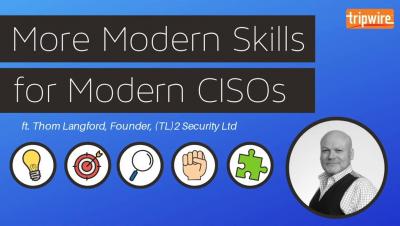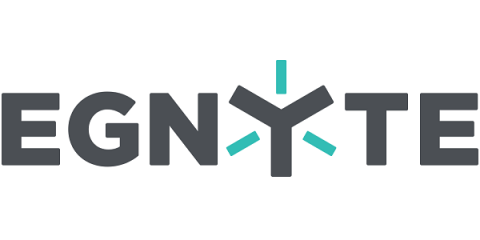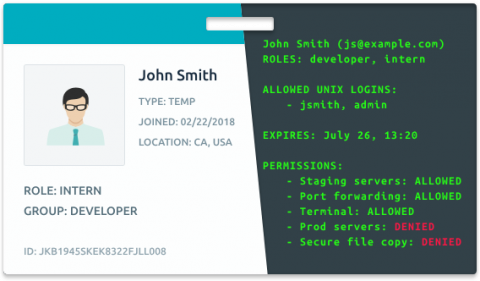Security | Threat Detection | Cyberattacks | DevSecOps | Compliance
%term
Guide to Container Security - Everything You Need to Know
Ah, the wonders of technology. In the innovation-rich Information Age, we are the beneficiaries of a nonstop wave of new advancements, each offering the ability to execute vital tasks faster and more efficiently than ever before. However, along with each breakthrough comes potential security vulnerabilities.
Cyber Attack Risk Climbs in Latest WEF Regional Risk Report
Unsurprisingly, cyber attacks are growing in the business sector and not just in the United States but world-wide. Cyber-attacks represent the greatest risk in six out of ten of the top economies in the world. The report presented by the World Economic Forum discusses formjacking, cryptojacking, ransomware like LockerGoga and other cyber-attacks of which CEOs around the globe are starting to become more aware.
Collaboration in the modern biotech era
The life sciences industry has rapidly changed over the past twenty years. Drug development, historically, used to rely on vertically-integrated institutions that spanned scientific functions. However, today, products are launched by emerging startups, vast companies and any size in between. To improve velocity and agility, research is increasingly outsourced to academia and external partnerships beyond the traditional confines of a company.
Reviewing best practices for IT asset management in the cloud
It used to be that businesses needing their own large computer networks had to do everything themselves. They had to buy all of their servers, all of their networking appliances. They needed the physical space on premises for all of their datacenters, the HVAC people to keep everything cool, and the massive electricity bills to keep all of that going.
Getting Visibility Across Your Cloud Environments
Are you an engineer or a manager working on a cloud application running in production? Do you have to type ssh or kubectl frequently to get things done? Does auditing, compliance, or access control sound mildly painful? This blog post is for you! In a world full of hackers, data breaches, and data privacy legislation, getting visibility into who is accessing your infrastructure (i.e., cloud or dedicated production environments where applications are hosted) and what they’re doing is vital.
Building a Threat Hunting Program with Open Source Tools
Managing and Responding to Advanced Cyber Risks in the Oil and Gas Industry
To protect the integrity and safety of their business-critical assets, cybersecurity must be a top priority for the oil and gas industry. Although they operate some of the nation’s most critical systems, securing these complex infrastructures can be a huge challenge.
A Look at Data Security in the Next 5 Years
There are 2.5 quintillion bytes of data created each day, resulting in your company’s digital footprint quickly growing at an exponential rate year after year. The scale and velocity of this growth creates a struggle for how organizations manage and secure all of that data. Unstructured data poses a unique challenge. Forty percent¹ of businesses say they need an effective way to manage their unstructured data on a daily basis.
Cyber Threat Intelligence Framework
Undoubtedly, today’s cyber threats are very fast and sophisticated. Even their detection and prevention is no longer an easy task. To prevent organizations from being a victim of cyber threats and attacks, a proactive cybersecurity approach must be used. That is the reason the Cyber Threat Intelligence (CTI) framework comes into place. CTI has become a critical tool for organizations trying to protect their networks and infrastructure.








